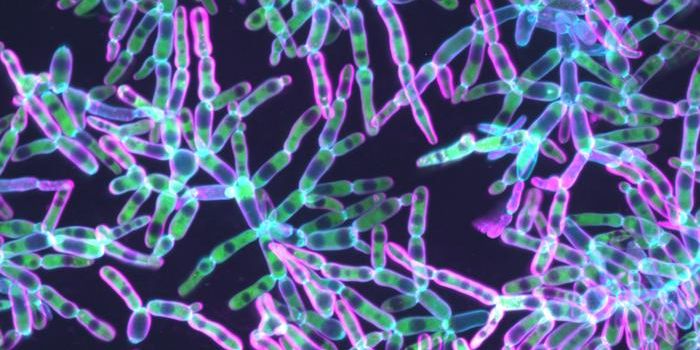Can CRISPR Replace Antibiotics?
Antibiotic-resistant infections claim around 700,000 lives per year, with estimates saying that this number could swell to 10 million by 2050 (Jacobs: 2019). Although some have thus called for the development of new antibiotics, researchers are now finding that CRISPR technology may hold a better solution.
Aside from leading to antibiotic resistance from excessive usage, conventional antibiotics are known to act indiscriminately. Although they eradicate pathogens, they often eradicate healthy microbiota too. The eradication of this microbiota by many antibiotics has been shown to lead to further health issues including metabolic illnesses, cancer, mental health issues and neurodegenerative diseases (Leitch: 2019).
Unlike antibiotics however, with CRISPR, researchers are able to specifically target pathogenic bacteria and leave healthy microbes alone by engineering each CRISPR vehicle to target only one kind of pathogen. And already, preliminary tests have yielded positive results.
In a study by the Broad Institute of MIT and Harvard, researchers were able to use CRISPR enzyme, Cas13, to detect and kill three different single-stranded RNA viruses: influenza A virus, lymphocytic choriomeningitis virus and vesicular stomatitis virus (Freije: 2019). A great proof-of-concept, given CRISPR’s efficacy in treating these relatively mild human viruses, researchers feel it is likely that the technology may be modified to treat more deadly infections too.
Another advantage CRISPR holds over conventional antibiotics is that it can be easily tweaked when needed, meaning treatments are better able to keep up with frequent viral mutations that increasingly render antibiotics ineffective. According to Cameron Myhrvold, a postdoctoral researcher at the Broad Institute, “If a virus evolves and mutates, we can simply change the Crispr system to match whatever the virus is doing (Sheikh: 2019).”
Yet, despite promise in the technology and exciting early results, researchers have warned that we are still a long way from being able to take CRISPR pills to oust viruses. With experiments so far having been done in petri dishes or via computational models, the next step for researchers is thus to see whether CRISPR treatments show the same results in living animals and humans, and of course, whether they can be made cheaper than conventional therapies (ibid.).
Sources
Jacobs, Andrew: New York Times
Leitch, Carmen: Labroots
Freije, Catherine A.: Molecular Cell
Sheikh, Knvul: New York Times









